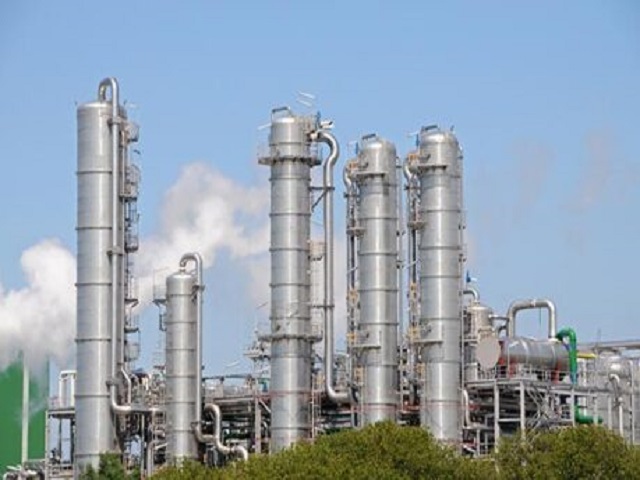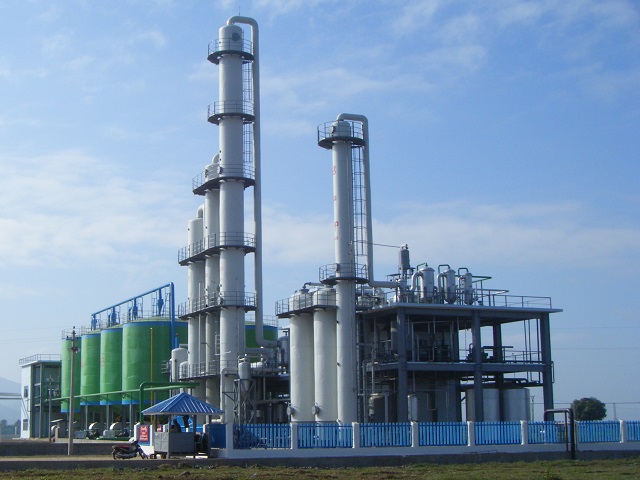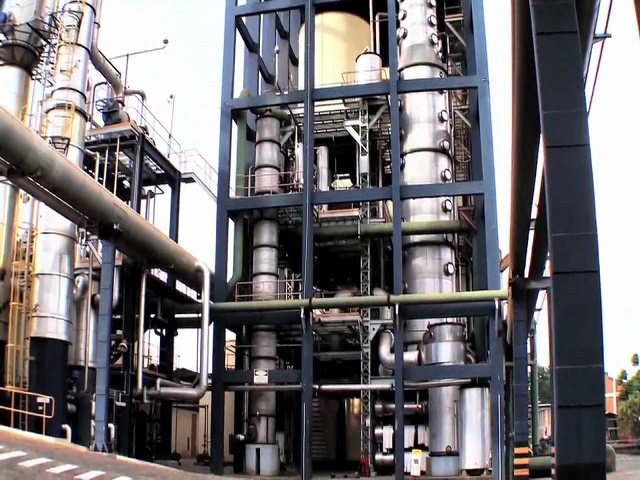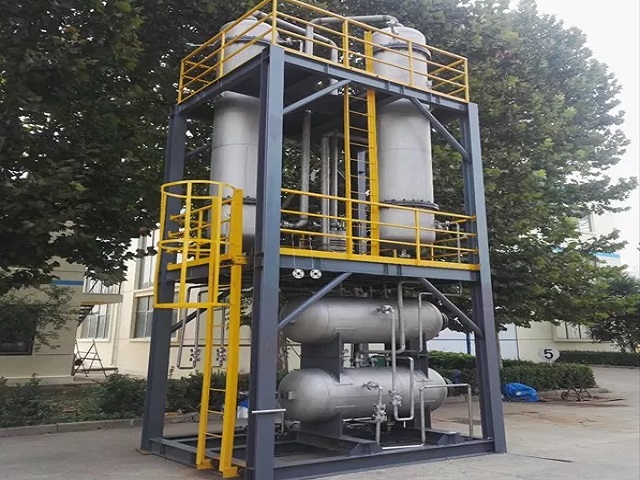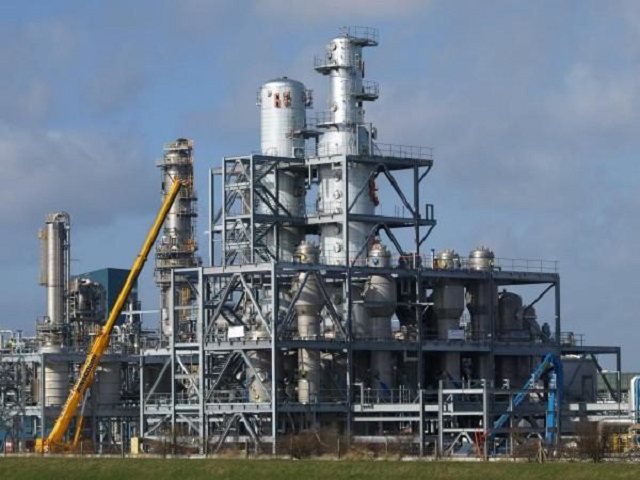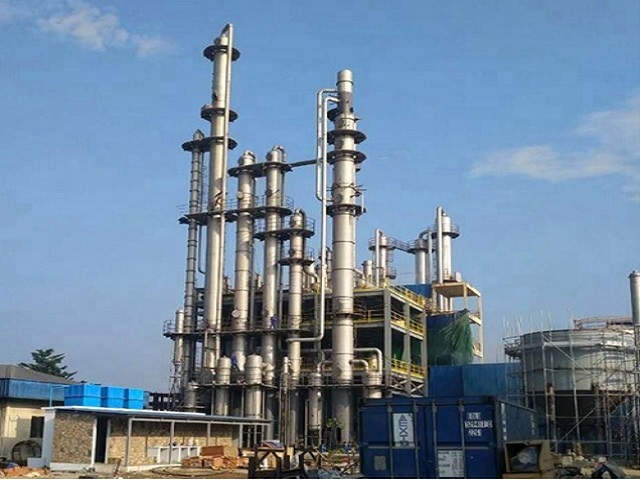
An innovative solution for producing sustainable biofuel is the Ethanol Recovery Plant from Biomass. In comparison to earlier batch fermentation technologies, the Ethanol Plant has shown to be the most recent innovation. By producing ethanol with a high fermentation efficiency, biomass fermentation on a continuous basis has improved plant operational characteristics.
Comparing the most recent and tested technology to the earlier batch fermentation method is the continuous fermentation Ethanol Recovery Plant from Biomass. In order to deliver higher alcohol percentage, hassle-free continuous operation, high fermentation efficiency, and improved performance parameter consistency over an extended length of time, continuous fermentation has been developed as an additional means of improving the plant's operating characteristics. Nowadays, most ethanol manufacturing plants employ continuous fermentation as their method.
In order to extract and purify ethanol from biomass sources including corn, sugarcane, and switch grass, the contemporary facility uses innovative methods. Initially, the process releases fermentable sugar through the chemical and enzymatic breakdown of cellulose and hemicellulose. In order to extract and refine the ethanol from the fermentation mixture and make sure it satisfies industry standards for use as a biofuel or for blending with gasoline, the Ethanol Recovery Plant from Biomass uses cutting-edge technologies such as distillation and molecular sieve technology.
At Kerone, we are committed to producing environmentally friendly and sustainable products that not only lessen greenhouse gas emissions but also lessen our reliance on fossil fuels, so improving the sustainability and eco-friendliness of the energy landscape.
